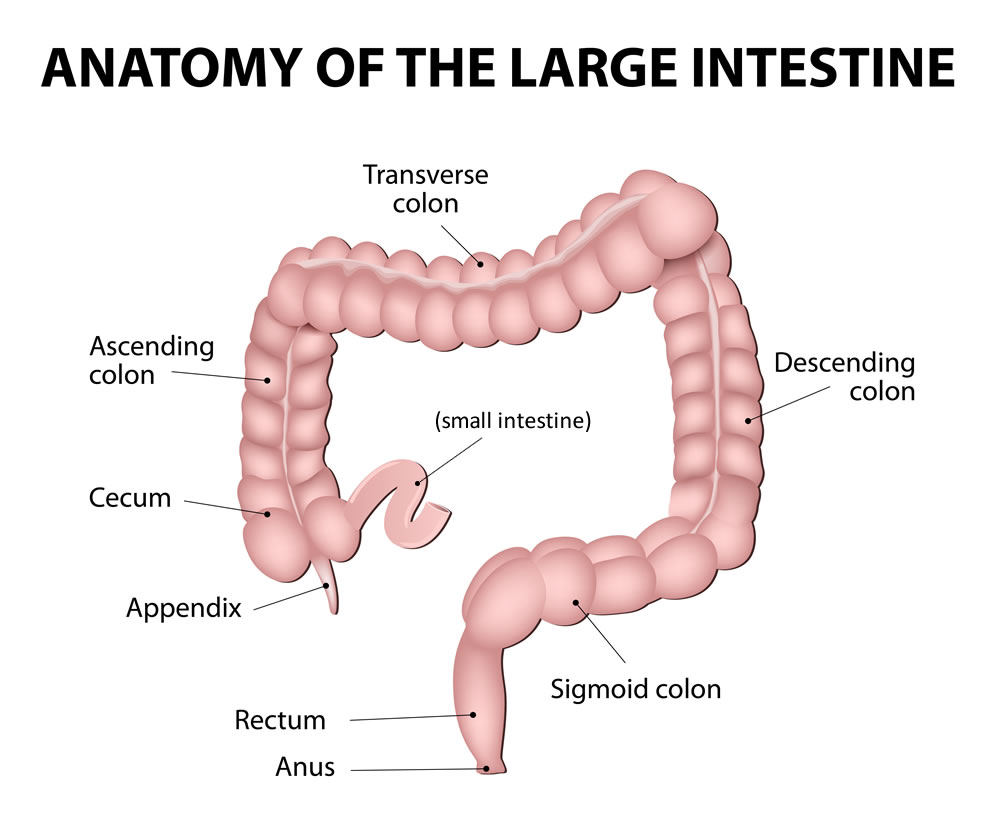Appendectomy
An appendectomy is an operation performed to remove the appendix. The most common reason to remove the appendix, by far, is appendicitis (inflammation of the appendix). Acute appendicitis is the result of blockage of the base of the appendix and will usually progress to a ruptured appendix within 48 – 72 hours. When the appendix ruptures, it spills infectious materials into the abdominal cavity. This can result in a life-threatening situation.
Symptoms and Diagnosis
Acute appendicitis occurs most commonly between the ages of 10 and 20 years, but can occur at any age. The most common complaint is abdominal pain, often associated with nausea and a low-grade fever. The pain is often, but not always, around the umbilicus (navel) initially. As the appendicitis progresses, the pain typically migrates to the right lower quadrant of the abdomen.
Imaging studies are commonly used to confirm the diagnosis. At Children’s Hospital Colorado, ultrasound is used as the primary imaging test, but sometimes CT is used instead or in addition.
Children younger than 4 years of age present a particular challenge; appendicitis is rare in this age group, and young children are not able to express well what their complaints are. It is therefore common that the diagnosis is made late and that the appendix is ruptured (>70%, compared to 20-30% in older children and young adults).

As shown in this diagram, the appendix is located at the very beginning of the large intestine. Scientists believe that the appendix had a purpose in an earlier phase of human evolution; however, it has no known function in humans today. The appendix can be removed without any harm.
Treatment
Most patients with appendicitis will undergo an appendectomy soon after the diagnosis is made. If there is evidence of ruptured appendicitis with 3-5 days of symptoms, appendectomy is usually delayed, and the patient is initially treated with IV antibiotics, IV fluids, and IV nutrition if needed. The appendectomy can then be performed later, usually around 6 weeks, when the patient’s inflammation has subsided. According to several recent clinical studies, an appendectomy is not always necessary.
At Children’s Hospital Colorado, over 95% of appendectomies are performed laparoscopically, most commonly with three laparoscopic ports (three small incisions). We perform over 400 laparoscopic appendectomies per year.
All patients will receive a dose of IV antibiotics before the surgery. If the appendix is ruptured, a central venous catheter, or a peripherally inserted central venous catheter, is usually placed. Antibiotics can be administered for several days via this catheter until the patient is adequately treated. Some patients will go home with IV antibiotics or oral antibiotics.
For non-ruptured early appendicitis, most patients will be discharged home from the hospital the day after the surgery. A ruptured appendix generally results in a slightly longer hospital stay.
This information is provided by the Department of Surgery at the University of Colorado School of Medicine. It is not intended to replace the medical advice of your doctor or healthcare provider. Please consult your healthcare provider for advice about a specific medical condition.